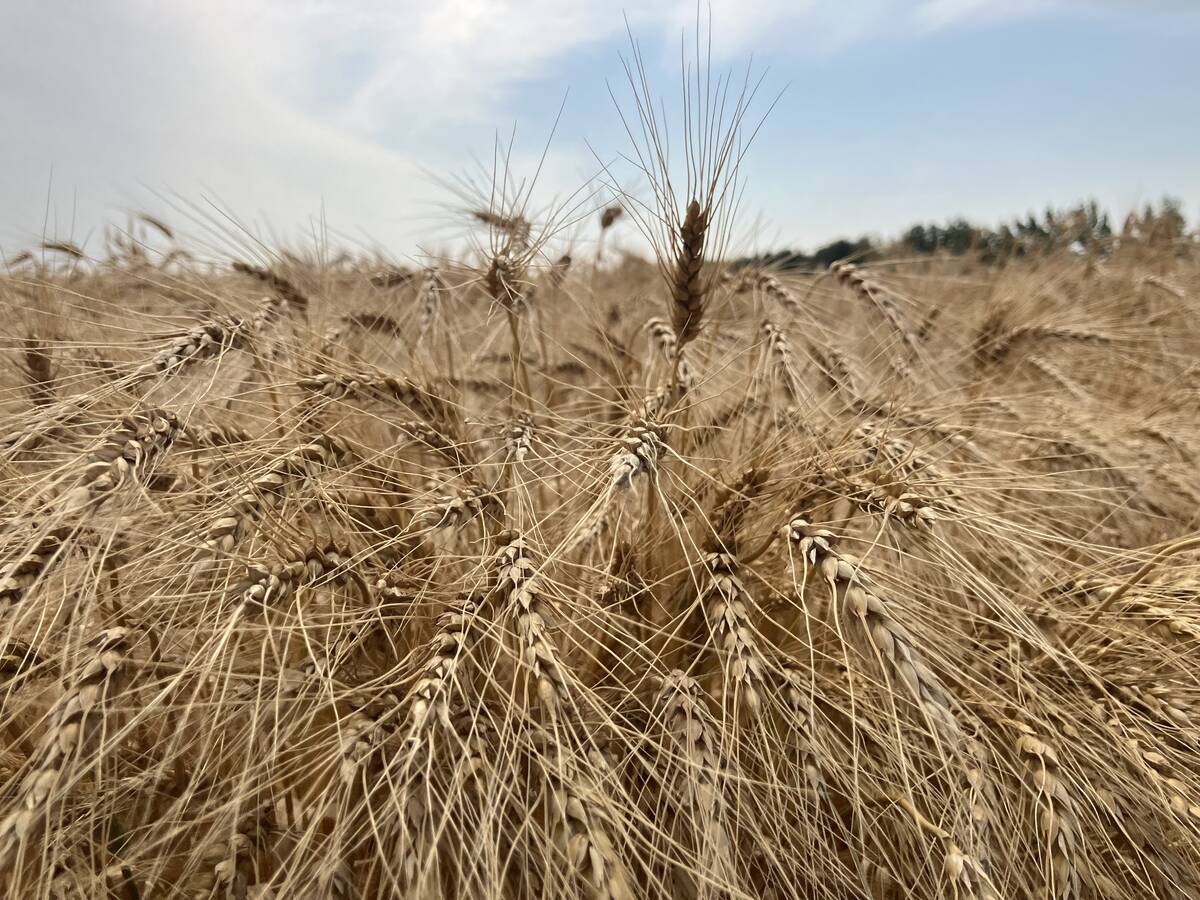Clayton Manness spent a year searching for the Holy Grail of the food business, only to discover that the fabled cup contained sour wine.
Manness, president of Prairie Flax Products, had successfully navigated his way through the arduous process that is required to be accepted as a supplier to Wal-Mart. In the end, however, he discovered that winning approval of the world’s largest retailer isn’t all it’s cracked up to be.
“We have not taken advantage of our position to push product through them because of the risk.”
Read Also

Prairie spring wheat looks like a bumper crop
Canada will likely set a new record for spring wheat yields this year, topping the previous mark of 54.1 bushels/acre – set in 2020
It’s a common complaint among food producers trying to sell through the major retailers. Manness said the large chains put so much risk on food producers and offer such thin margins that many can’t decide whether to sell through the big stores or find alternate markets.
“This is the reality of the market today,” Manness said. “You have something and you’re excited, but there’s a lot of risk involved.”
Manness’s company produces pet and human food from flax in Portage la Prairie, Man. Recently, it has had two troubling experiences with major buyers.
Prairie Flax had been supplying pet food manufacturer Iams with flax ingredients and had been getting a good return, but then the company forced Prairie Flax and other potential flax providers to take part in a Dutch auction, in which the lowest bid would win the supply contract.
“It became a question of who’s going to push the button first, between eight other suppliers and ourselves, to give Iams one million pounds of milled flax product,” said Manness.
“There’s a lot of push-back, or push-down, from the buyers.”
Prairie Flax’s experience with Wal-Mart was equally disheartening. It hoped to sell a human-consumption flax product to Wal-Mart Mexico. To be allowed to do this, Prairie Flax spent a year having every aspect of its operations reviewed by Wal-Mart’s corporate head office in Bentonville, Arkansas.
“They checked out the company, checked out the product, they checked out all of the processes from handling the product to handling the (administrative) paper,” Manness said.
He rejoiced after winning Wal-Mart’s approval, but then the hangover set in.
Prairie Flax discovered it would have to pay to ship its product to Wal-Mart Mexico and leave it on the shelves for 60 days so that the company could decide whether consumers wanted it. During that time, Prairie Flax would not be paid.
If after 60 days Wal-Mart decided sales did not warrant carrying the product, Prairie Flax would have to pay to bring the product home.
If Wal-Mart approved the product, it would only pay for shipments 45 days after they were delivered and an invoice received.
As well, Prairie Flax would be paid a low margin on the product.
Prairie Flax decided to pass on Wal-Mart’s offer.
“There was just too much risk on us,” Manness said.
Companies such as Wal-Mart and Iams are doing nothing wrong, he said, and there is much to admire about them, but for many small product manufacturers, other markets will be more attractive.

















